How Oral Hygiene, Diet, and the Immune System May Save Your Teeth
We know that our body organs function in tandem with each other and treating one part of the body may affect another in positive and negative ways.
Although the medical community did not believe that teeth could be naturally regenerated in the past (unlike any other organ or body part), more recent studies and articles speak to the contrary.
In order to understand the symbiotic relationship of oral hygiene, the immune system, and diet it is first necessary to understand each one separately from the other.
THE BOLTS OF ORAL HYGIENE
Most of us already have a very good idea of what dental hygiene is, but it is worth mentioning the bolts of oral hygiene.
According to the Washington Post you should be brushing your teeth twice a day, flossing regularly (especially when consuming food that gets stuck in the teeth), avoiding sugar in simple forms, and drinking plenty of water.
Many practitioners also advise to avoid alcohol, caffeine, and excessive citrus as it breaks down the enamel of your teeth.
Natural dental care has become more popular in North America recently. It includes coconut oil pulling, cleaning teeth with turmeric, cloves (clove oil), and routinely applying activated charcoal to teeth and gums.
Baking soda in very small amounts can also help with stain-age and cleanliness of the mouth according to naturalists. There is even a movement of people who make their own toothpaste out of equal parts of coconut oil and baking soda, subsequently adding essential oils and other ingredients.
Some also use strawberries and salt for teeth whitening.
Fluoride is a hotly contested mineral element. While in most cities in North America it added to tap water and generic toothpaste brands, naturalists go out of their way to avoid it.
The research from the scientific community has not been consistent enough to prove long-term effects of fluoride.
Whether you are a naturalist or prefer the Western approach, a daily care regime is best for the teeth and periodic check-ups with a health care professional. While some dentists may tell you to come as often as every three months, with solid oral hygiene habits, a visit to the dentist should not be necessary more than once per year.
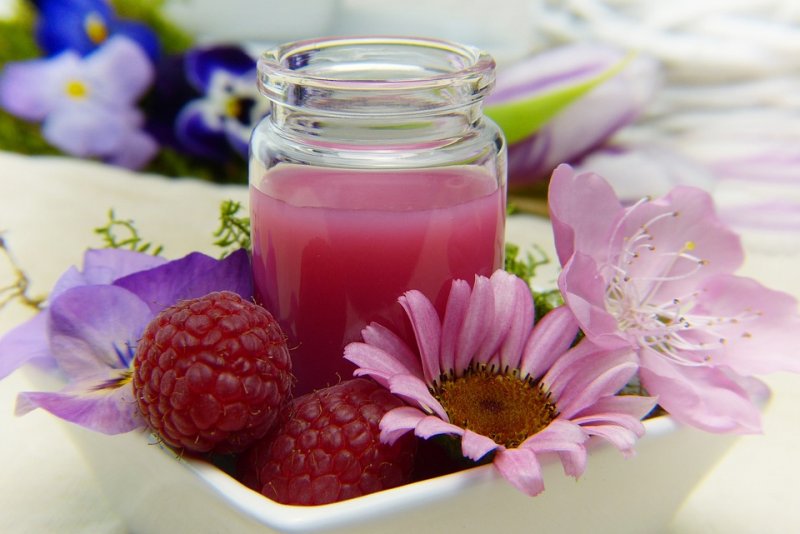
THE IMMUNE SYSTEM SIMPLIFIED
Your body’s immune system naturally reacts to harmful stimuli by developing pain, swelling, inflammation, and redness. As long as inflammation is not chronic it is a normal response from your body that ultimately helps it heal. It is a process by which the body responds to damage or disease in your system.
According to WebMD[1] inflammation is a process by which the body’s white blood cells and substances they produce, protect us from infection. The triggered response is usually to bacteria and viruses.
The immune system encompasses almost the whole body and it involves varied types of tissue, proteins, cells, and organs. A very important aspect of the immune system is that it can distinguish foreign tissue from non-foreign tissue.
The way the immune system figures out which substance is foreign and which isn’t, is by detecting proteins that are found on the surface of all cells. It teaches itself to ignore its own proteins at an early stage.
The immune response can be observed when parasites, bacteria, and viruses enter the body.
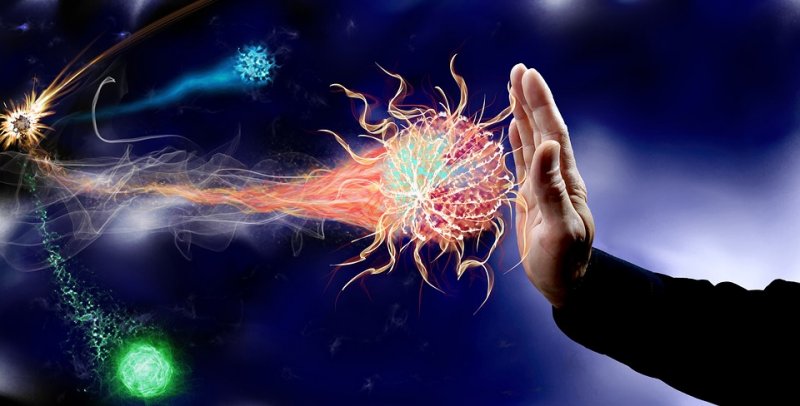
THE SOLDIERS OF OUR BODY
White blood cells are the soldiers that patrol the body in the hallways better known as blood vessels and lymphatic vessels. Once the target (to be destroyed) is found, the white blood cells begin to multiply and send signals to other parts of the body for help.
Another type of cell is a lymphocyte. It helps remember the body’s previous invaders and how to eliminate them. These cells mark the invaders for death and send signals to phagocytes to do the dirty work.
Due to exposure to different pathogens the body becomes stronger with time. This is called immunity.
There are three types of immunity. One is acquired through a build up of anti-bodies to various pathogens. Passive immunity is borrowed for a period of time; then it dissipates with time.
Lastly, the innate immunity is what humans are born with. It is the first line of defense used, when faced with a foreign enemy and it includes the skin and mucous membranes.
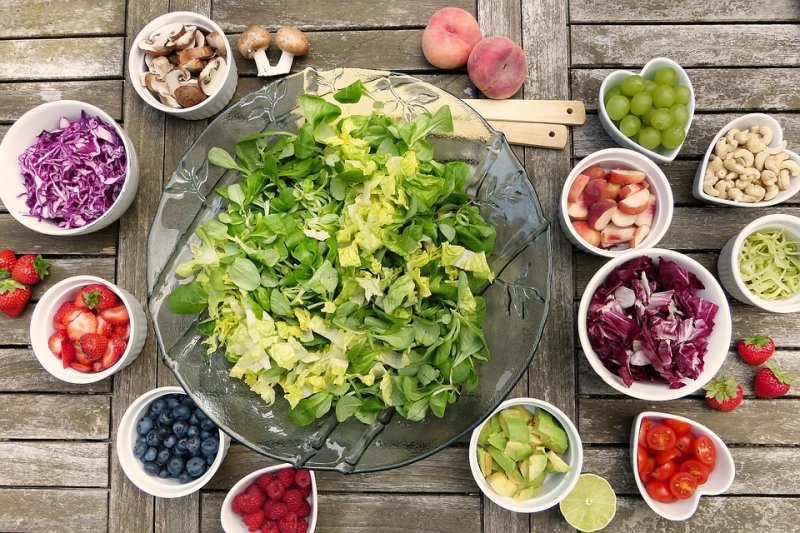
THE IMMUNE SYSTEM LINK
Oral hygiene is a basically a set of rules to be followed regularly to help keep teeth and gums clean. As long as teeth and gums are kept clean from bacteria, inflammation will not occur in the teeth, gums, or many parts of the body in general.
The immune system can fight off disease and even heal cavities, according to some studies.[2][3]
The conclusion that doctors reached following years of research is that tooth structure and health is largely determined by diet.
The immune system will respond appropriately to degenerative agents, meaning that it will not destroy itself (autoimmunity). It will not overreact to allergens and kill healthy issue (hypersensitivity). And it will not stop functioning in certain areas of the body (immunodeficiencies) if the correct dietary balance is kept.
In order to achieve that balance, there has to be a substantial presence of minerals in the diet. Vitamins A, E, D, and K must also be present and are best consumed with good fats (as they are fat soluble).
Other nutrients that help process these nutrients are important because the body must have the ability to process these vitamins and send them to the correct body parts.
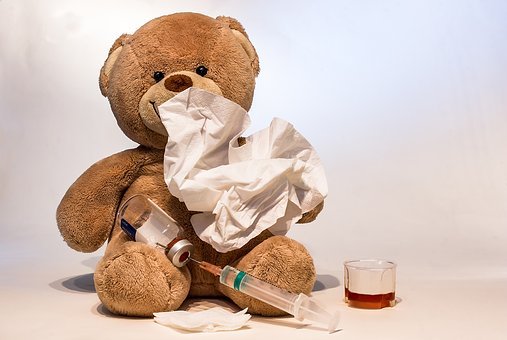
NUTRIENT ABSORBTION BLOCKERS
Sugar is a well-known culprit that blocks the absorption of many nutrients and causes havoc to body function. Following the generic advice that you will hear practically from any dentist to cut down on sugar consumption (especially simple sugars) is accurate.
A lesser-known culprit soon to gain more notoriety with vegetarian and vegan lifestyle habits on the rise,[4] is phytic acid.
Many grains, nuts, seeds, and legumes contain phytic acid and without proper preparation and combination of foods, it can cause inflammation and tooth decay. Phytic acid blocks the absorption of minerals including calcium, zinc, magnesium, copper, and iron.
However, it is important to note that this effect is not observed in everyone.
The study further underlines that phytic acid chelates minerals and inhibits enzymes needed to digest food.
Vegan lifestyles that don’t allow for animal products may harm the individual’s teeth in the long term for example, because they aren’t consuming animal fats that have vitamins A and D that neutralize the effects of phytic acid.
Seeds and bran contain the highest sources phytates, which are also very indigestible unless fermented for a long time.
Those who combine foods in the right way or take care to prepare the legumes, nuts, and beans correctly can avoid mineral depletion.
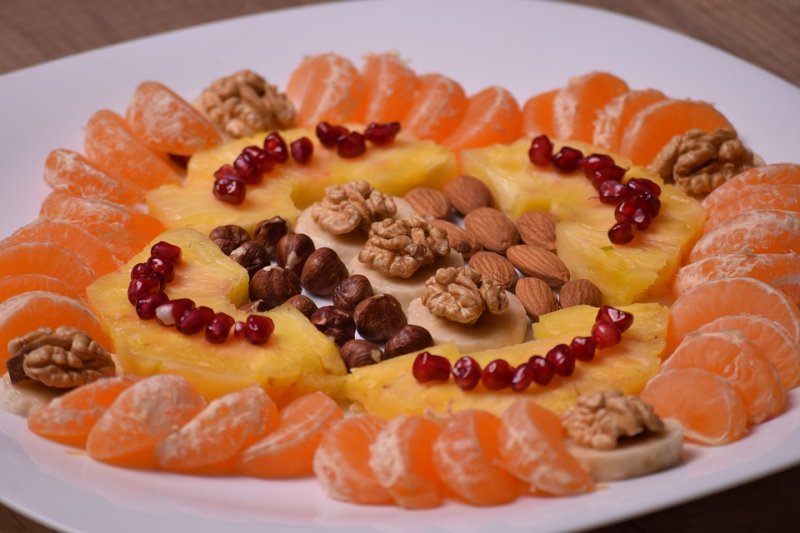
DIET AND BALANCE
Eating food that is overly processed or very raw is not advised and will cause inflammation in the body as well as demineralization, either through a lack of minerals available in a processed food diet or a raw diet that chelates minerals from the body.
In this case no amount of oral hygiene will help save your teeth.
However, there is evidence that the body does adjust to a lack of minerals in the system by setting itself up to need as few minerals as possible. This means that adults may get by for decades on a high phytic acid/phytate diet. But regeneration of structures such as hair, teeth, nails, and bones are unlikely. Children stand to suffer a lot from this deficiency and a lack of minerals will quickly manifest itself via poor bone growth, tooth decay, narrow jaws, rickets, anemia, and even mental retardation.
Edward Mellanby – who discovered Vitamin D – concluded that the vitamin is needed for healthy bone and tooth growth along with the body’s ability to absorb calcium, phosphorus, along with a diet low in pasteurized dairy and un-absorbable phosphorus (phytates).
Interestingly enough, his studies showed that while whole grains contain more minerals compared to polished rice or white flour, the end result is less minerals are absorbed by the body from whole grains, because of phytic acid that hasn’t been neutralized.
He reiterates that raw diary and bone broth are the best products to help absorb phytic acid. Another solution is to soak, sprout, and/or sour the grains. Cooking grains isn’t enough to reduce phytic acid, but acid soaking, germinating or fermenting the grain will help.
A note about sprouting, it is a pre-fermentation step that is not sufficient to neutralize phytic acid. It is important to soak and cook sprouted grains afterward.
Lastly roasting grains can reduce phytic acid by about half, depending on the grain.
LAST WORDS
It seems a conscientious diet can help mineralize teeth and keep degenerative diseases at bay.
A symbiotic relationship is formed between good oral hygiene, the immune system, and a healthy diet.
Any symptom of inflammation is a sign that the body isn’t happy with something in the diet and long tern degeneration of tissues is a sign that the body has not been happy with something in the diet long-term.
Oral cleanliness will have an overall effect on the body, as the health of the body and diet will have a long-term effect on your teeth, so it is important to take care of both.
[1] https://www.webmd.com/arthritis/about-inflammation#1
[2]https://www.amazon.ca/dp/0916764206/ref=as_at?slotNum=0&ie=UTF8&linkCode=g12&linkId=b1d4e9177b7152eae73edb2867c23cd3&imprToken=xXNbXE2Q7K7VnODcBoaQSA&creativeASIN=0916764206&tag=wellnessmam08-20
[3] https://www.encyclopedia.com/people/history/historians-miscellaneous-biographies/edward-mellanby
[4] https://www.westonaprice.org/health-topics/vegetarianism-and-plant-foods/living-with-phytic-acid/
More to Read:
Previous Posts:





